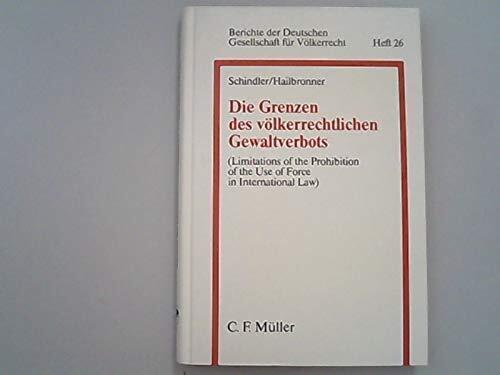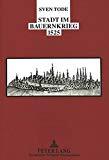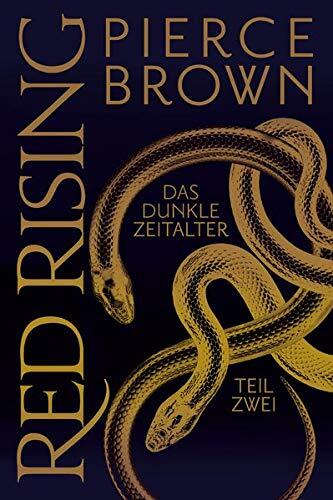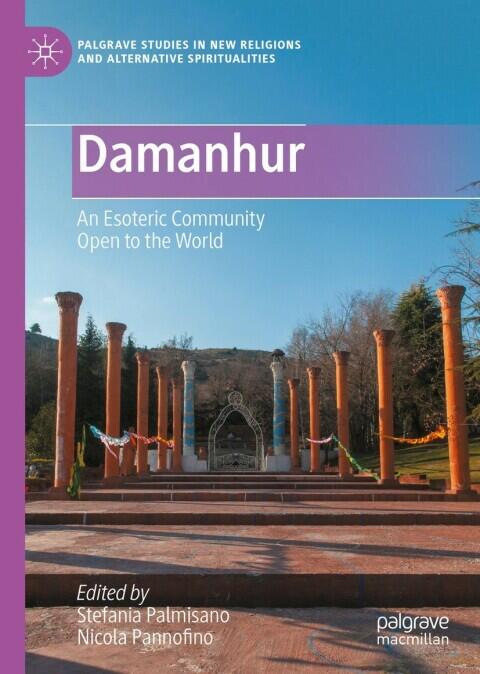
Schriftsteller als Intellektuelle
によって
Sven / Hörnigk Hanuschek
,
Therese Harnigk
,
Christine Malende
まだ評価がありません
Action & Adventure
History
形式
ハードカバー
ページ数
339
言語
ドイツ語
公開されました
Oct 5, 2000
出版社
Max Niemeyer Verlag
版
1
ISBN-10
3484350733
ISBN-13
9783484350731
説明
This thought-provoking work delves into the intricate relationship between literature and social history, offering a comprehensive examination of the role writers play as intellectual figures within society. The authors, Hanuschek, Hörnigk, and Malende, investigate how various literary movements have influenced public thought and shaped cultural discourse throughout different eras.
Through a series of detailed studies, the book highlights the transformative power of literature and its ability to challenge societal norms and provoke critical conversations. By analyzing the contributions of prominent writers, it sheds light on their impact as intellectuals who navigate between art and activism, ultimately enriching the cultural landscape.
Readers will find a blend of historical context and contemporary relevance, as the authors explore the evolving definitions of intellectualism in literature. This exploration reveals not only the past dynamics but also the enduring importance of writers in shaping social consciousness today. It is a compelling read for anyone interested in the intersections of literature, culture, and social change.
Through a series of detailed studies, the book highlights the transformative power of literature and its ability to challenge societal norms and provoke critical conversations. By analyzing the contributions of prominent writers, it sheds light on their impact as intellectuals who navigate between art and activism, ultimately enriching the cultural landscape.
Readers will find a blend of historical context and contemporary relevance, as the authors explore the evolving definitions of intellectualism in literature. This exploration reveals not only the past dynamics but also the enduring importance of writers in shaping social consciousness today. It is a compelling read for anyone interested in the intersections of literature, culture, and social change.



















